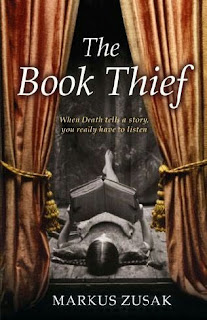Jane Sorensen
December 1, 2011
Stats 1040
December 1, 2011
Stats 1040
Statics Report
The purpose of our study was to see if there is a correlation between how many ounces of caffeine are consumed daily and how much sleep a person gets a night.
The study design we came up with for this project, was to select 30 random individuals and to ask them our two questions.
1. On average do you drink close to a.6 less, b.9, c.12 or more, ounces of caffeine a day?
2. Do you get an average of a. 5 hours or less, b. 6-8 hours, c. 8 or more, hours of sleep a night?
To collect this data we asked random people in grocery stores, on the street, etc… at different times of day.
The first difficulty I encountered was that we were rather broad in our questions. It was hard to come up with a mean or average of 6-8 hours of sleep, etc… It would have been much more beneficial to have asked the exact amounts of caffeine consumed, or hours of sleep each person gets a night. This way we would have come up with a more exact mean or average.
The second difficulty I encountered was that I am biased. I tended to avoid questioning busy looking people, angry looking people, or lazy looking people. These are probably the people who would have been ideal to question though. After observing that, I went back to the store and recollected my information.
The overall analysis of this study showed that the people who consume the most caffeine also appear to be the people who get the most sleep.
I was quite surprised by the results. I had expected quite the opposite effect. However, upon learning the results of our study, my interpretation of the analysis is that lazier people tend to be the bigger caffeine consumers. When you sleep lots, you tend to feel sluggish. The more sluggish you feel, the more you tend to drink caffeine. Whereas people who are on the run all the time and have limited hours of sleep tend to get on a strict schedule that they depend upon to keep moving and keep their energy going.







